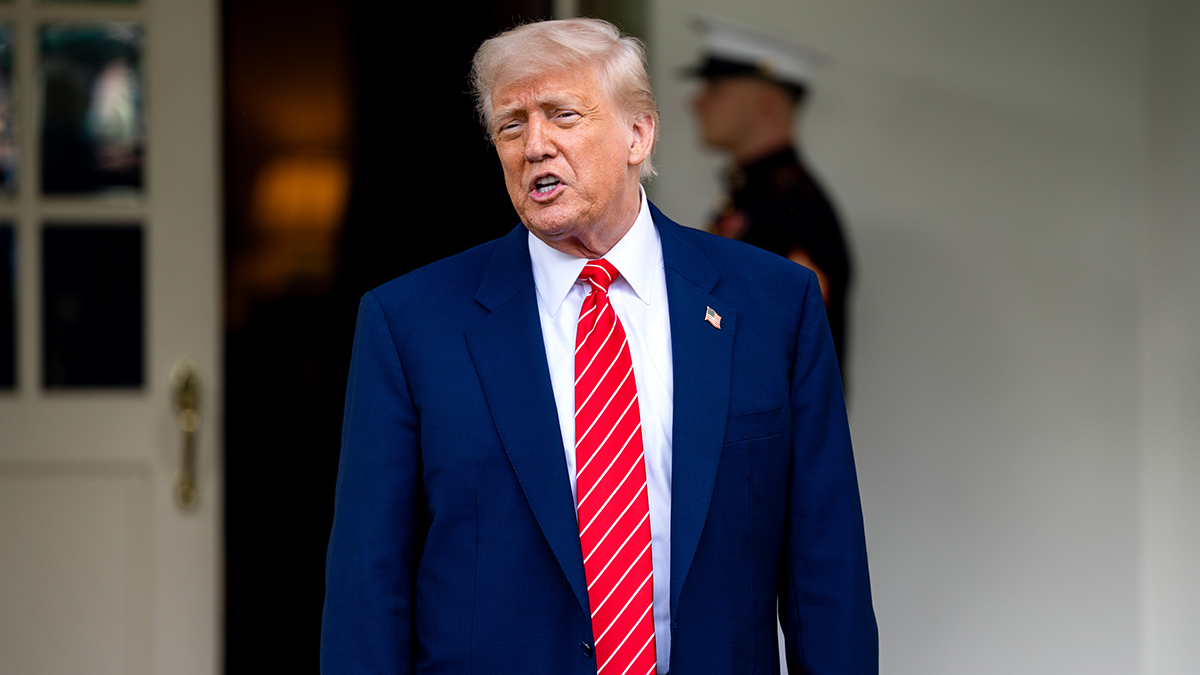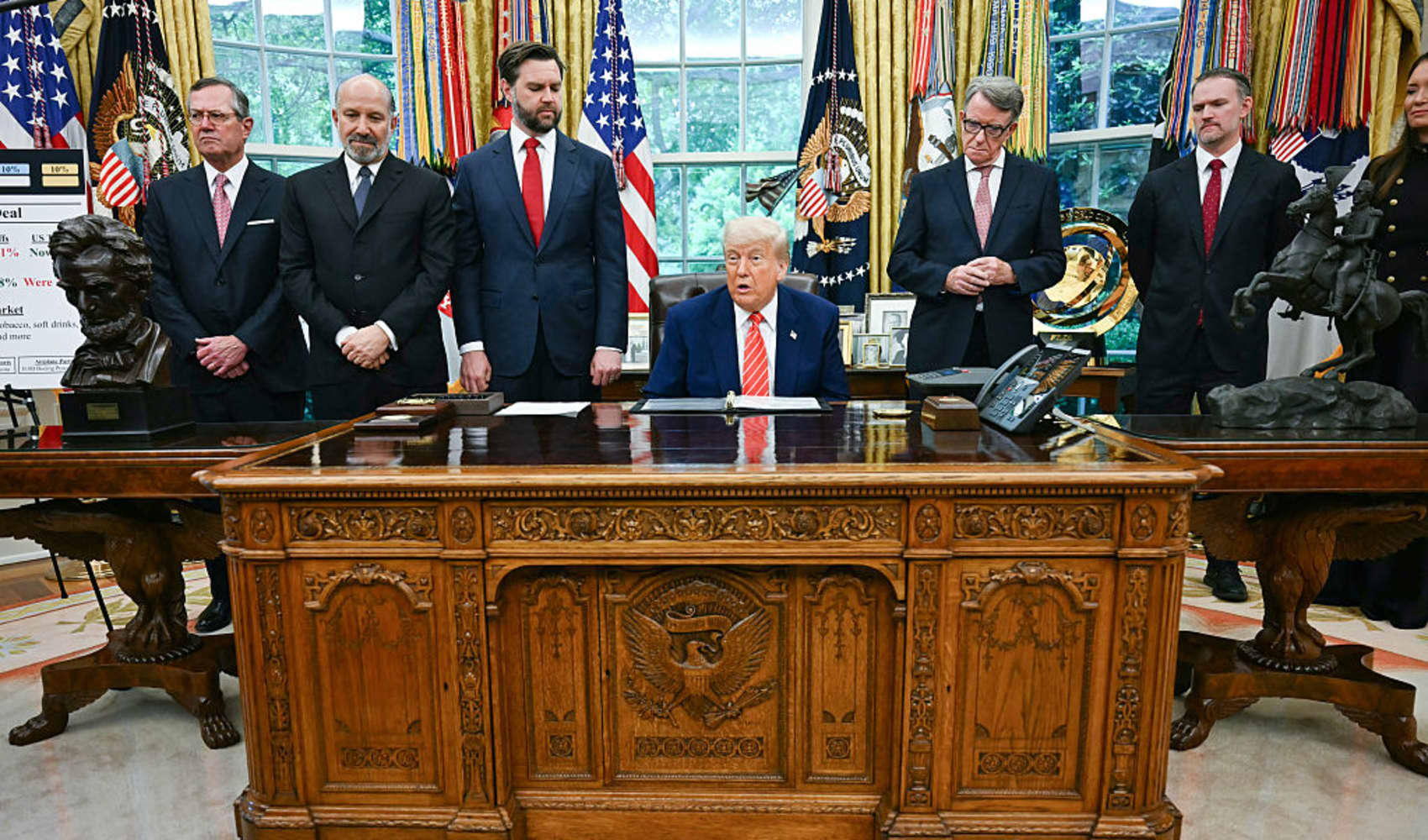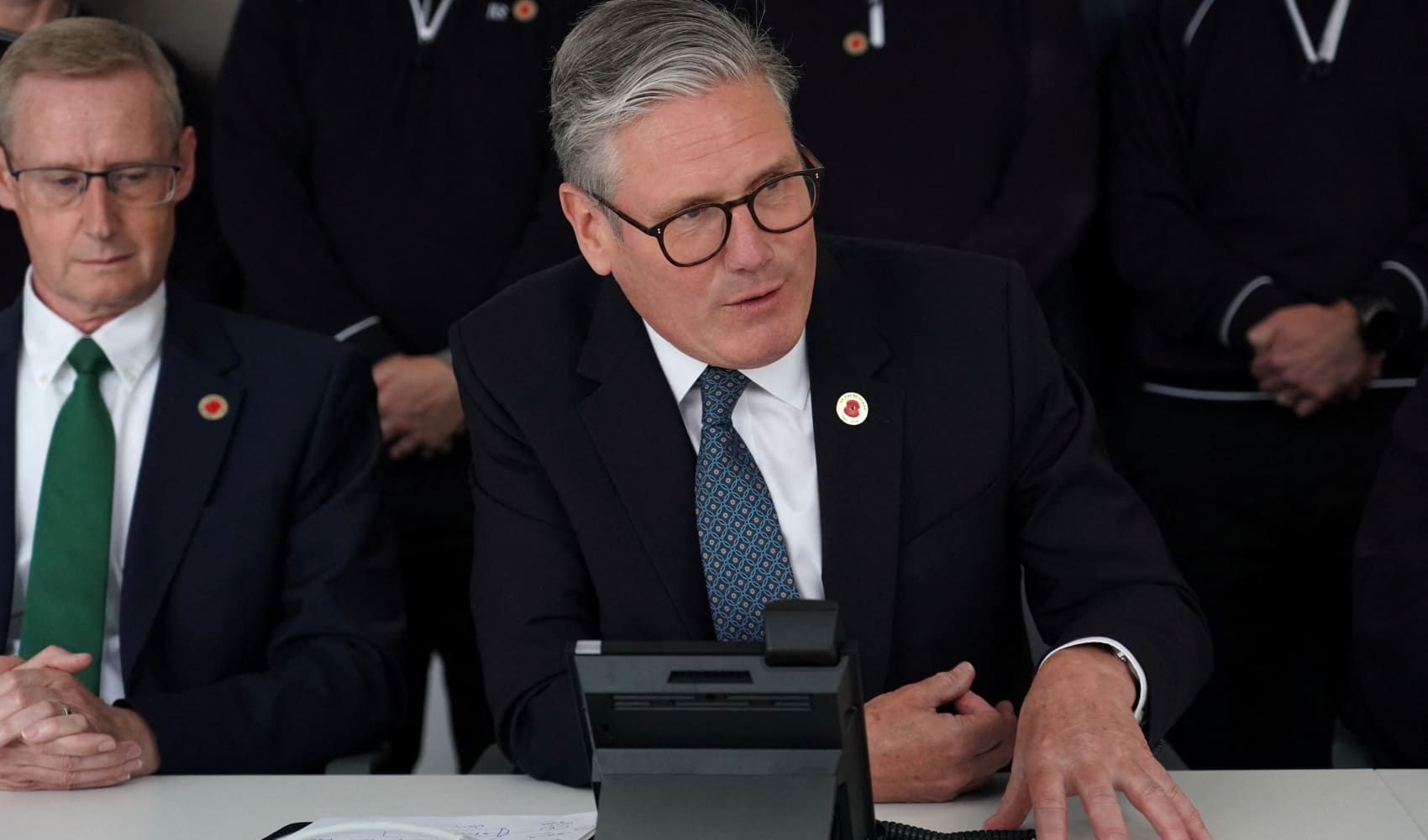Trade Deal Boost: Treasury Yields Climb - What It Means
Treasury Yields Surge: US-UK Trade Deal Signals Global Growth Bonanza?
Introduction: A New Dawn for Global Trade?
What if a simple trade deal could ripple through global markets, sending treasury yields soaring and painting a brighter picture for economic growth? Well, that's precisely what seems to be happening in the wake of the nascent trade agreement between the United States and the United Kingdom. On Thursday, traders were buzzing, and the bond market responded with a jolt as the implications of this transatlantic partnership began to sink in.
Forget your morning coffee; the 10-year and 2-year Treasury yields provided the real wake-up call. The 10-year Treasury yield shot up by over 11 basis points to 4.39%, while the 2-year Treasury yield jumped by more than 10 basis points, hitting 3.893%. But what does this all mean, and why should you care?
Understanding Treasury Yields: The Bond Market's Thermometer
What are Treasury Yields, Anyway?
Imagine the bond market as a vast ocean. Treasury yields are like the temperature of that ocean – they tell you a lot about the overall health and direction of the financial climate. When yields rise, it usually indicates that investors are feeling more optimistic about the economy. They demand a higher return on their investment in bonds because they anticipate stronger growth and potentially higher inflation.
The Inverse Relationship: Yields and Prices
Here's a crucial point: yields and prices move in opposite directions. Think of a seesaw. When yields go up, bond prices go down, and vice versa. This inverse relationship is a fundamental principle of bond investing. So, the fact that yields are climbing suggests that bond prices are taking a hit, as investors rotate towards potentially riskier but higher-reward assets.
The US-UK Trade Deal: A Spark Igniting Growth?
Trump's Announcement: Short on Details, Big on Impact
Picture this: Former President Trump, back in the Oval Office, announces the framework of a trade deal with U.K. Prime Minister Keir Starmer over speakerphone. The key takeaway? A proposed 10% baseline tariff on British imports into the United States. But here's the catch – the announcement was noticeably light on specifics. Think of it as the trailer for a movie; you get a taste, but you're left wanting more.
“The final details are being written up,” Trump stated. “In the coming weeks we’ll have it all very conclusive.”
The Market's Reaction: Why the Optimism?
Despite the lack of concrete details, the market reacted positively. Why? Because the announcement signaled a potential boost to global trade and economic activity. A U.S.-UK trade deal, even in its preliminary stages, is seen as a sign of increased cooperation and reduced trade barriers between two major economies. This can lead to higher exports, increased investment, and ultimately, stronger economic growth.
Interpreting the Yield Curve: What the 2-Year and 10-Year Tell Us
The 2-Year Treasury Yield: A Reflection of Short-Term Expectations
The 2-year Treasury yield is often considered a barometer of short-term interest rate expectations. It reflects what investors believe the Federal Reserve will do with interest rates in the near future. A rise in the 2-year yield suggests that investors anticipate the Fed will either maintain or even increase interest rates, potentially to combat inflation spurred by increased economic activity.
The 10-Year Treasury Yield: A Long-Term Growth Indicator
The 10-year Treasury yield, on the other hand, provides insights into long-term economic growth and inflation expectations. An increase in the 10-year yield typically indicates that investors are more confident about the future prospects of the economy. They are willing to accept a higher yield for holding longer-term bonds, as they anticipate higher inflation and stronger economic growth over the next decade.
Yield Curve Steepening: A Sign of Health?
When the 10-year yield rises faster than the 2-year yield, it's called a steepening of the yield curve. This is often seen as a positive sign for the economy. A steeper yield curve suggests that investors expect stronger economic growth in the future. Conversely, an inverted yield curve (when the 2-year yield is higher than the 10-year yield) is often considered a recessionary indicator.
Potential Implications for Investors: What Should You Do?
Reassessing Your Portfolio: Time to Diversify?
With Treasury yields on the rise, it's a good time to reassess your investment portfolio. Consider diversifying your holdings to include a mix of stocks, bonds, and other assets. This can help you mitigate risk and potentially capture gains from different market segments.
Fixed Income Strategies: Navigating a Rising Rate Environment
In a rising rate environment, it's crucial to adopt appropriate fixed income strategies. Shortening the duration of your bond portfolio can help reduce your exposure to interest rate risk. You might also consider investing in floating-rate bonds, which adjust their interest payments based on prevailing market rates.
The Role of Inflation: Keeping a Close Watch
Inflation plays a significant role in determining Treasury yields. Keep a close eye on inflation data, as it can provide valuable insights into the direction of interest rates. If inflation remains elevated, the Federal Reserve may be forced to raise interest rates further, which could lead to even higher Treasury yields.
The Geopolitical Landscape: Beyond the US-UK Deal
Global Trade Dynamics: A Shifting Landscape
The US-UK trade deal is just one piece of the global trade puzzle. Keep an eye on other trade negotiations and geopolitical events, as they can all have a significant impact on Treasury yields and the broader economy. Factors such as tensions in the Middle East, trade disputes with China, and political instability in Europe can all influence investor sentiment and market dynamics.
The Impact of the Fed: Monetary Policy Matters
The Federal Reserve's monetary policy decisions are crucial drivers of Treasury yields. The Fed's actions, such as raising or lowering interest rates, can have a significant impact on the bond market and the overall economy. Pay close attention to the Fed's announcements and speeches, as they can provide valuable clues about the future direction of monetary policy.
Risks and Uncertainties: Not All Sunshine and Rainbows
The Devil is in the Details: Waiting for the Fine Print
While the initial announcement of the US-UK trade deal has been met with optimism, it's important to remember that the devil is in the details. The final terms of the agreement could differ significantly from what has been announced so far. It's crucial to wait for the full details of the deal to emerge before making any investment decisions based on this news.
Potential for Setbacks: Trade Deals Can Be Fragile
Trade deals can be fragile and subject to change, especially in the current geopolitical climate. Political shifts, economic downturns, or unforeseen events could derail the US-UK trade agreement and send Treasury yields in the opposite direction. It's essential to remain vigilant and prepared for potential setbacks.
The Bigger Picture: Long-Term Economic Outlook
Is This Sustainable? Analyzing the Underlying Fundamentals
The surge in Treasury yields raises the question of whether this is a sustainable trend. To answer this, we need to analyze the underlying economic fundamentals. Are economic growth and inflation genuinely picking up, or is this just a temporary blip? A thorough assessment of economic indicators, such as GDP growth, inflation rates, and employment figures, is crucial to determining the long-term outlook for Treasury yields.
The Role of Technology: Innovation and Productivity
Technology is playing an increasingly important role in shaping the global economy. Innovations in areas such as artificial intelligence, automation, and renewable energy have the potential to boost productivity and drive long-term economic growth. These technological advancements could help sustain higher Treasury yields and support a more robust economic outlook.
Conclusion: Navigating the Shifting Sands of Global Finance
The rise in Treasury yields following the announcement of the US-UK trade deal highlights the interconnectedness of global markets and the importance of understanding economic trends. While the initial reaction has been positive, it's crucial to remember that the situation is fluid and subject to change. Investors should carefully assess the risks and uncertainties, diversify their portfolios, and stay informed about the latest developments in the global economy.
The key takeaways are: the US-UK trade deal, even in its early stages, is perceived as positive, Treasury yields have reacted accordingly, and investors should proceed with caution and strategic planning.
Frequently Asked Questions
What are Treasury yields and why are they important?
Treasury yields represent the return an investor receives from holding U.S. government debt. They are crucial because they reflect market sentiment about economic growth, inflation, and monetary policy, serving as benchmarks for other interest rates.
How does a US-UK trade deal affect Treasury yields?
A trade deal between the US and UK can signal increased global trade and economic activity. This optimism can lead to higher growth expectations and potentially higher inflation, causing investors to demand higher returns on their investments in U.S. Treasury bonds, thus pushing yields upward.
What is the difference between the 2-year and 10-year Treasury yield?
The 2-year Treasury yield reflects short-term interest rate expectations, while the 10-year Treasury yield reflects long-term economic growth and inflation expectations. The difference between them, known as the yield curve, can indicate the market's outlook on the economy's future.
What should investors do when Treasury yields are rising?
In a rising yield environment, investors should consider diversifying their portfolios, shortening the duration of their bond holdings, and monitoring inflation data closely. They may also consider investing in floating-rate bonds, which adjust their interest payments based on prevailing market rates.
What are the potential risks associated with the US-UK trade deal?
Potential risks include the final terms of the deal differing significantly from initial announcements, unforeseen geopolitical events derailing the agreement, and economic downturns impacting trade flows. It is important to remain vigilant and adaptable to changing circumstances.



